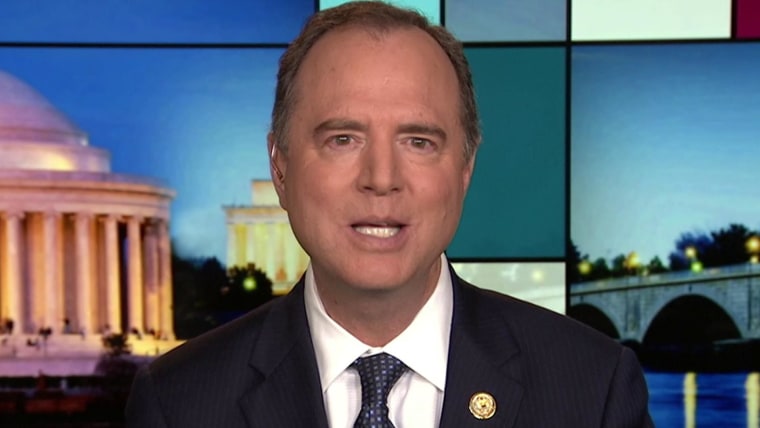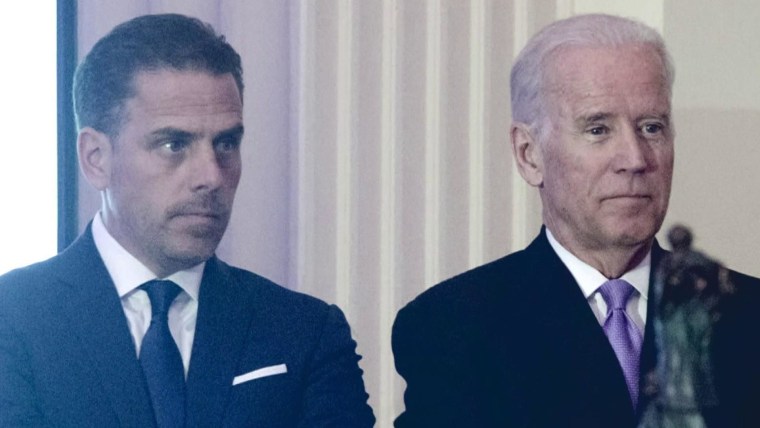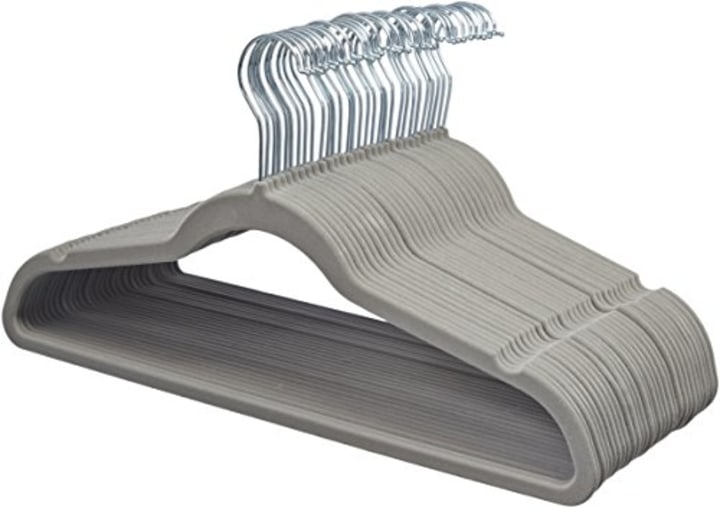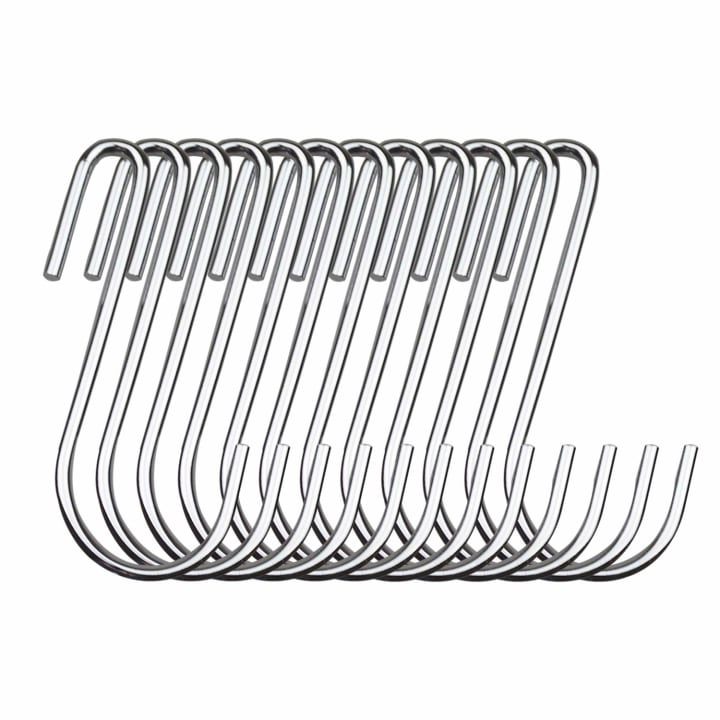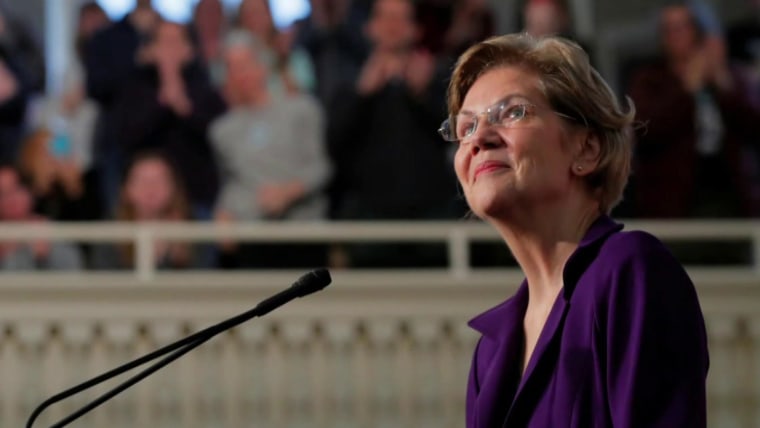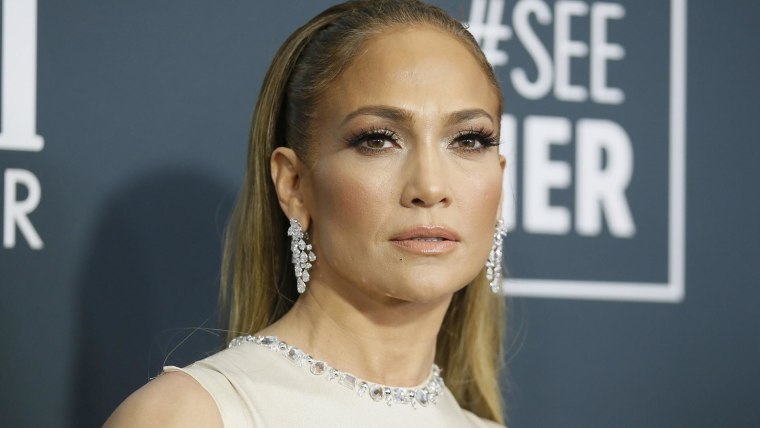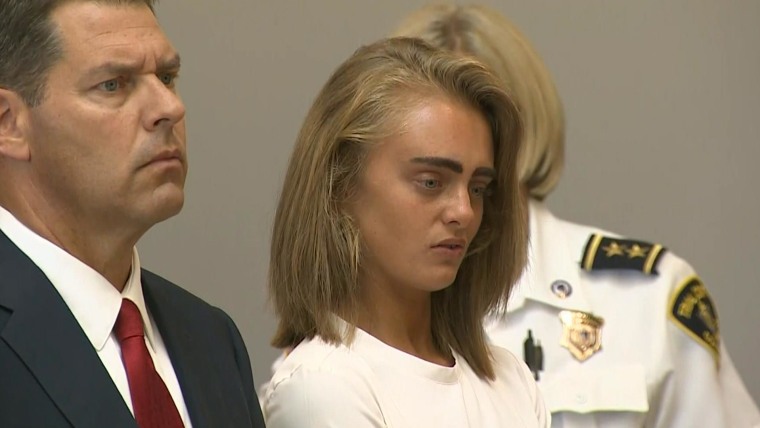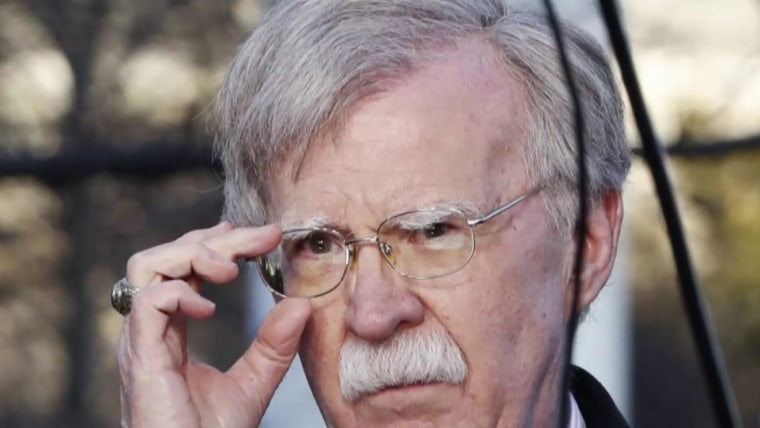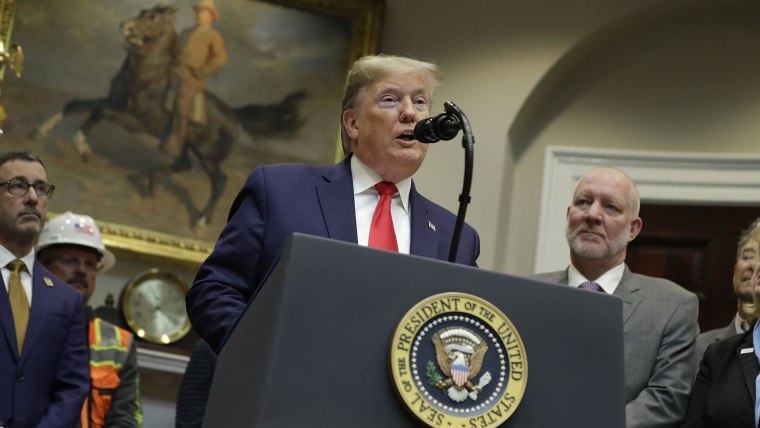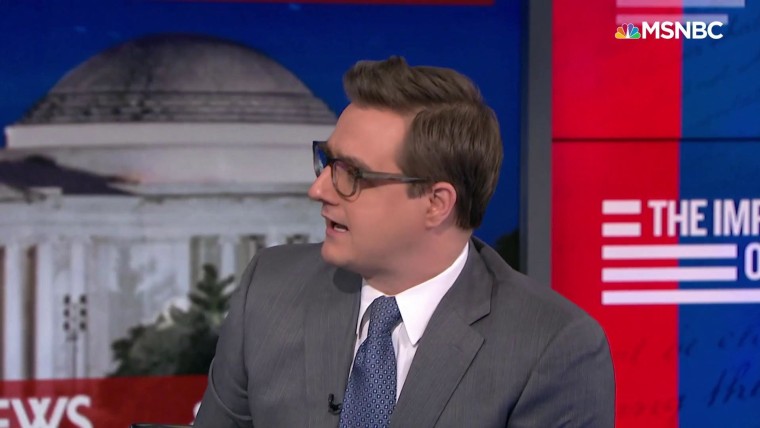POLITICS
A video of Vince Vaughn speaking and shaking hands with President Donald Trump at the College Football Playoff National Championship game surfaced on social media Monday night.
Timothy Burke, founder of the media and political consulting firm Burke Communications, posted a video of the president and the comedian chatting at the game between LSU and Clemson with the caption, “I’m very sorry to have to share this video with you. All of it, every part of it.” The video also showed the pair shaking hands as they parted ways to watch the championship game, which resulted in a 42-25 victory for the LSU Tigers.
The social media criticism was immediate, spurring Vaughn to trend on Twitter through Tuesday morning.
Let our news meet your inbox. The news and stories that matters, delivered weekday mornings.
Sad. Vince Vaughn is one of my favorites. I always knew he was Republican but this, so gross.
I don’t need a Wedding Crashers sequal anymore. https://t.co/QaNcNb889s
— Aaron (@TheSarcasmShow) January 14, 2020
“I’m not angry about Vince Vaughn, just profoundly disappointed,” writer Stephanie Kennedy tweeted. “And I want nothing more to do with him. Once upon a time I found him quite entertaining. Not anymore.”
Others compared Vaughn shaking hands with Trump to Ellen DeGeneres speaking with former President George W. Bush at a Dallas Cowboys game last year — urging people to hold both Vaughn and DeGeneres to the same standard.
Yet, some maintain that the majority of Democrats are not actually mad at Vaughn and that backlash over him speaking to Trump is a “distraction” created by conservatives.
“Vince Vaughn talking to Trump doesn’t matter. What Bernie said to Warren one time in a private conversation hardly matters,” another person tweeted. “The fact that Trump is allowing Russia to take over our elections matters a whole f—— lot. Focus, people.”
Vince Vaughn is one of my favorites. Back off the canceling, stage five clingers.
— Dana Loesch (@DLoesch) January 14, 2020
“Democrats aren’t mad about Vince Vaughn chatting with Trump. Nobody cares,” Aaron Rupar, a journalist at Vox, added.
So, David Aaro of Fox News is painting me as far left saying I’m calling for Vince Vaughn to be CANCELED. It was a PREDICTION, not a call for him to be CANCELED. Cancel culture is dumb af. pic.twitter.com/4VWpRpUel1
— Siraj Hashmi (@SirajAHashmi) January 14, 2020
I couldn’t care less about Vince Vaughn cuz we’ve got bigger fish to fry in 2020 like getting people registered and to the polls to vote Trump out.
Who’s with me? 🌊
— Angela Belcamino (@AngelaBelcamino) January 14, 2020
Many, including Tiana Lowe, a commentator at the Washington Examiner, have also noted that Vaughn has “publicly identified as a Republican” in the past. Vaughn supported GOP Senator Rand Paul in 2016.
“This is news if you’ve been living under a rock for a decade and a half,” Lowe tweeted.




